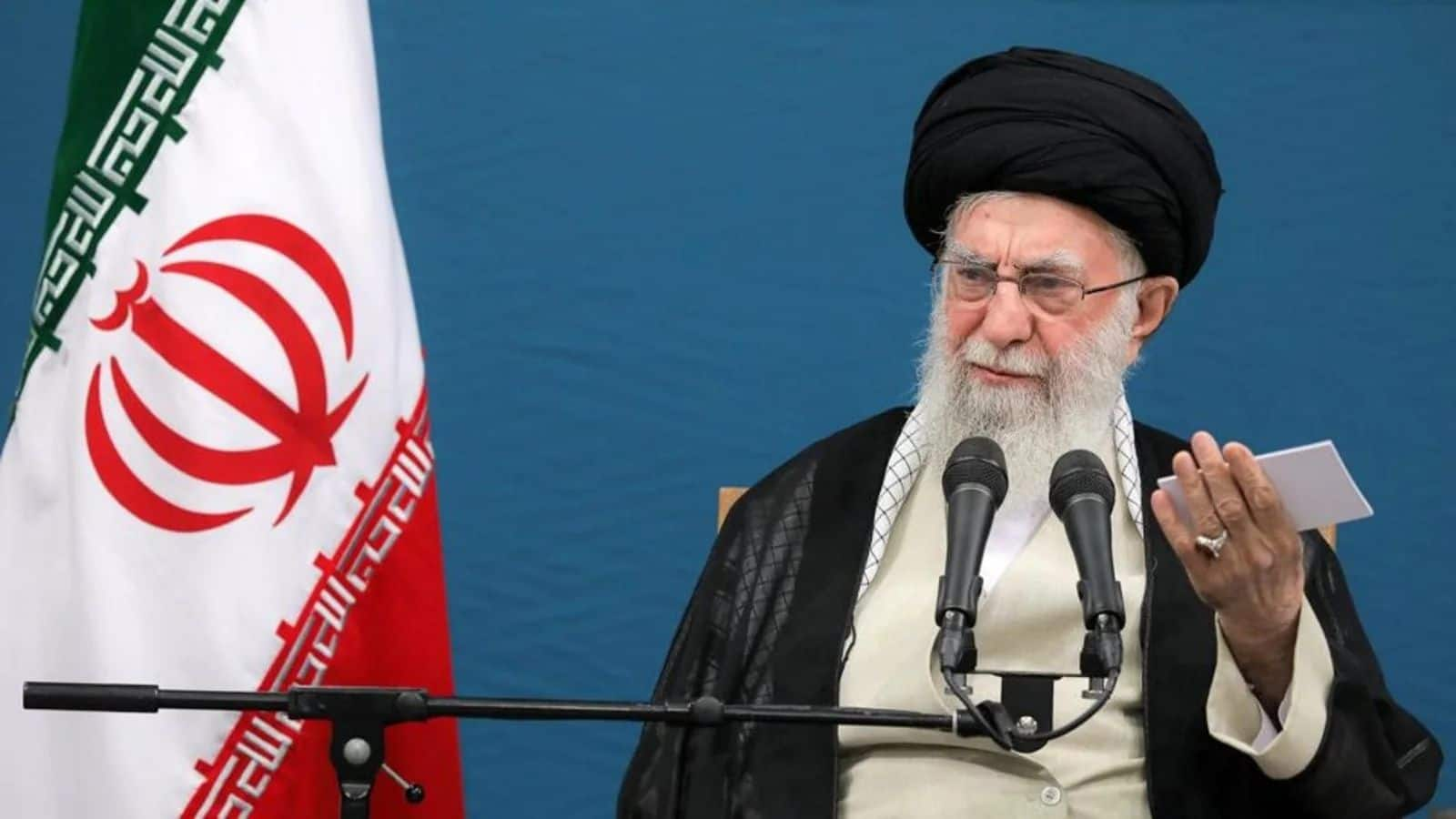In recent developments in the Middle East, Iran’s Supreme Leader, Ayatollah Ali Khamenei, has been moved to a secure location amidst heightened security measures. This strategic relocation comes in the wake of Israel’s claim of successfully targeting and killing Hezbollah leader Sayyed Hasan Nasrallah in an airstrike. The implications of these events resonate throughout the region, escalating tensions and raising concerns about further conflict.
Understanding the Context of Escalating Tensions
The Middle East has long been a region fraught with geopolitical strife, and the recent claims by Israel have only exacerbated existing conflicts. Khamenei’s move underscores the volatility of the situation and emphasizes the protective measures taken by Iran’s leadership in times of perceived threats.
The Role of Hezbollah in Middle Eastern Politics
Hezbollah, a Shiite militant group based in Lebanon, has significantly influenced regional dynamics. It is backed by Iran and has been a key player in various conflicts involving Israel. Nasrallah’s leadership has cemented Houston’s reputation as a formidable force opposing Israeli actions in the region. The alleged airstrike raises questions about the future of Hezbollah’s operations and Iran’s response to further Israeli aggression.
Impact of Khamenei’s Movement on Regional Stability
The relocation of Ayatollah Khamenei to a secure location signals a state of alert within the Iranian leadership. Such a move may further provoke Israeli interests, leading to a cycle of retaliatory actions. Analysts believe that Khamenei’s security measures reflect the Iranian regime’s acknowledgment of the risks posed not only by Israeli military actions but also by internal dissent and external pressures.
Potential Repercussions of the Israel-Hezbollah Confrontation
The confrontation between Israel and Hezbollah could have wide-ranging effects on various stakeholders in the region. From the U.S. involvement to shifts in alliances among Gulf states, the ramifications could reshape the geopolitical landscape. An escalation of hostilities might also lead to a humanitarian crisis, as conflicts traditionally result in significant civilian casualties and displacements.
The Future of Middle Eastern Geopolitics
As tensions rise following Israel’s claims against Hezbollah and Khamenei’s precautionary measures, it is crucial to analyze the future trajectory of Middle Eastern geopolitics. Diplomatic efforts, potential ceasefires, and international interventions may play pivotal roles in alleviating the situation. The stakes are high, and the international community is watching closely as these developments unfold.
